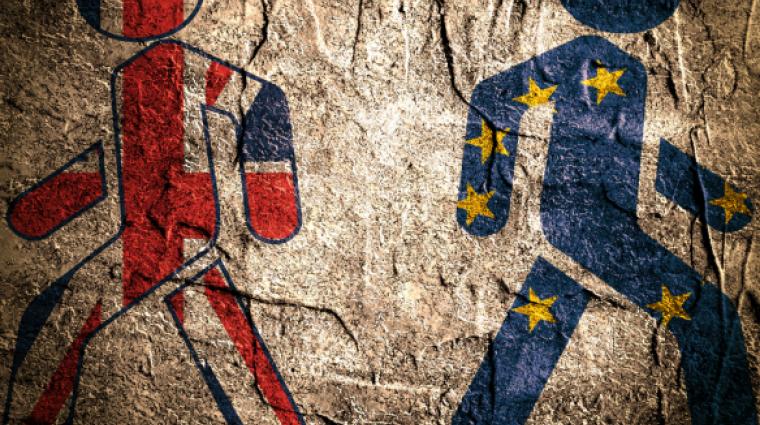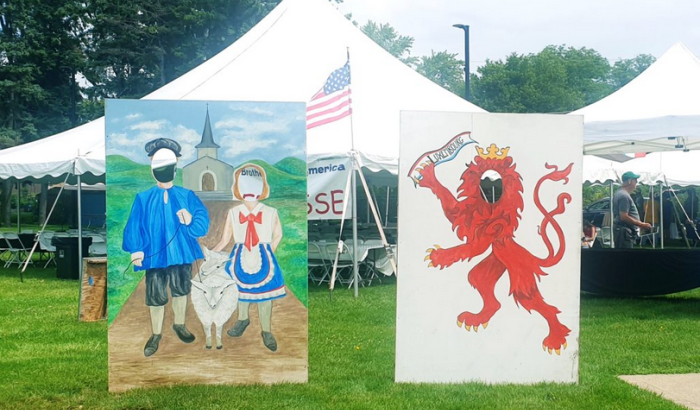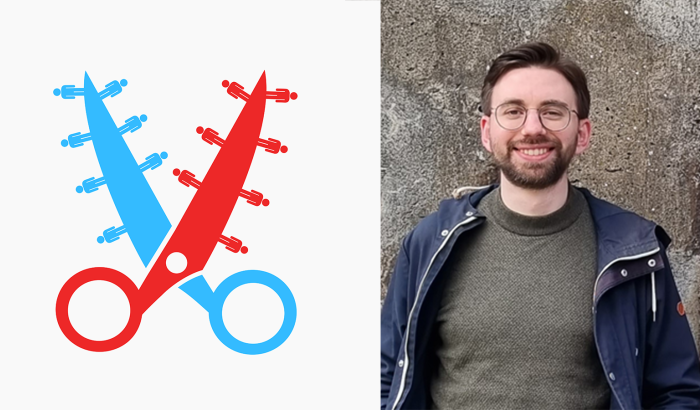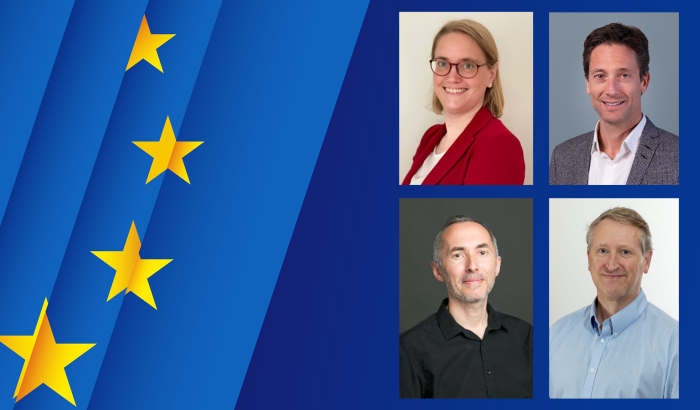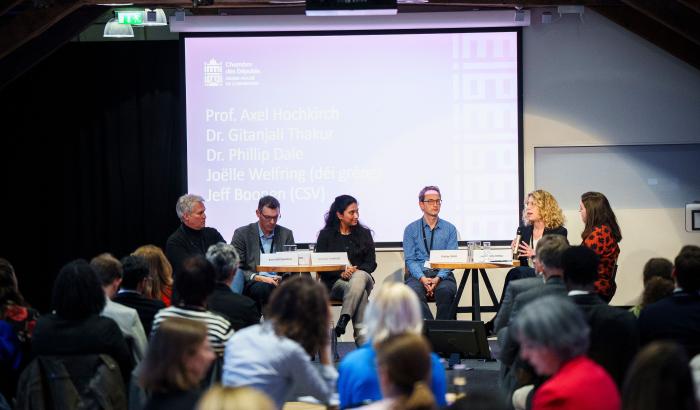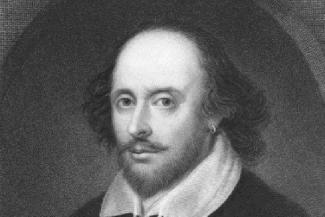
(C) Shotshop
William Shakespeare, Jane Austen, Charles Dickens, George Orwell... not only bookworms are absorbed by English literary greats past and present – researchers engage with them professionally. However, what does their research involve, and what methods do they employ? In addition, what is happening on the Luxembourgish front concerning English literary research?
What does English literary research mean?
Research in English literature concentrates on all literary productions written originally in the English language. It is a vast field including, but by no means limited to, British literature. Academic literary research involves far more than simply “talking about books”; it is a scientific approach which requires research skills and methods, engaging with literary theory and practice, analysing and interpreting resources and identifying new fields of study, just as in any other area of research. Producing academic work at professional level needs to drive research into new areas and directions, in other words to lay a new brick in the wall of literature.
Varieties of research
Possibilities are endless. They include case studies and close reading, comparative studies, historical and socio-cultural contexts, intertextuality, and thematical studies. Examples could be Shakespeare’s Villains, Modern Drama in Theory and Practice, or A Companion to the Victorian Novel.
Production history
Researchers need to get to grips with the history of textual scholarship, on both an intellectual and a material level. The history of a book’s production can shed light upon its meaning, critical reception and reader attitudes, and their development over time.
Using specialised language
To engage with any given topic, researchers must master the tools of the trade. As with other advanced scientific research, scholars need to work with appropriate specialised jargon, whether they are literary, critical or printing terms. Literary criticism and literary theory are the interpretative instruments that help the scholar scrutinize the texts and gain new insight.
Working with sources
After having identified a potential area of research, the first challenge is getting hold of the necessary sources, both primary and secondary. Primary sources range from printed or written material, including various editions of a work, drafts, manuscripts, letters, diaries and official records, to speeches and interviews. Secondary sources analyse and interpret primary material. They consist of critical material such as books, journals, edited collections of articles and essays, as well as vast online databases of texts in electronic format such as LION (Literature Online) which need to be explored and examined. These can be found and consulted in university and city libraries, museums, private collections, and the internet.
Planning a thesis
After the data has been gathered and subsequently filtered – a task demanding precision, rigour and patience - a thesis needs to be carefully planned and argued. This involves close reading of the material retrieved and interpretative skills, in order to discover new points of view, insights and interpretations, backed up by theory and the texts themselves.
Importantly, professional researchers need to stay competitive, which means being aware of recent developments and publications in their particular field of study, and of course producing convincingly argued publications of their own.
Research in Luxembourg
English literary research in Luxembourg is very much in its infancy. This is mainly due to the fact that currently, the University of Luxembourg only offers a one-year undergraduate programme in English literature and linguistics. However, the Faculty of Language and Literature, Humanities, Arts and Education does offer the possibility of a PhD in English literature and/or linguistics, as well as the opportunity of joint supervision of dissertations with other institutions of higher education abroad. In addition, numerous members of the teaching staff engage in their own research interests and productions, often in association with universities abroad. Nevertheless, there is still room for development.
Author: Tommy Halsdorf
Photo © Shotshop
Infobox
Close reading involves the careful, sustained observation and interpretation of a brief passage of text. You analyse it in meticulous detail, as if with a magnifying glass. It is the building block for analysis on a larger scale. You make observations on structure, organisation, language (sound, diction, syntax…), and contents, (characterisation, narration, literary devices (such as figures of speech, imagery and symbolism)).
Case studies of literary works: intensive holistic analysis of an aspect of a work. This can involve anything from a theoretical to a thematic approach. Examples might include: A postmodern reading of Pullman’s His Dark Materials trilogy; Temptation and the Fall in Philip Pullman’s His Dark Materials trilogy.
Comparative studies, as the name reveals, compare works, authors or themes to one another in order to reveal similarities and/or differences. This can include social, cultural and historical aspects too. For example: Religion in Milton and Blake; Images of Death in the Victorian Novel; Shakespeare and the Modern Age.
Linked to this is the concept of intertextuality focuses on the interrelation between works, how they reflect upon, influence, or differ from each other. Thus borrowing from each other, they gain layers of meaning. Example: Jean Rhys’s Wide Sargasso Sea: New Perspectives on Charlotte Brontë’s Jane Eyre.



